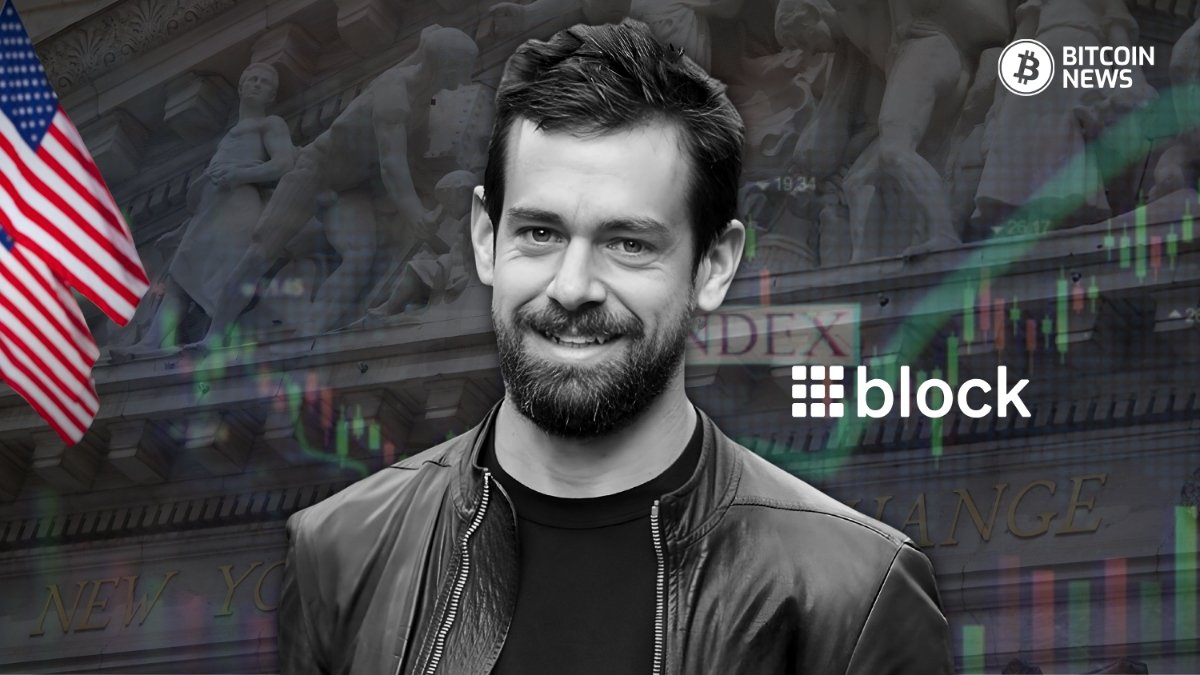Block, Inc. (Square), the fintech company founded by Jack Dorsey and creators of Cash App and Square Payments, announced Monday its inclusion in the S&P 500 index, driven by the divestiture of Hess Corp. following Chevron’s acquisition.
The index maker S&P Global confirmed Block will replace Hess Corporation effective before the market open on Wednesday, July 23, 2025. This follows Chevron’s $54 billion acquisition of Hess, rendering Hess ineligible for the index. The addition marks Block’s entry into the esteemed club of America’s 500 largest public companies.
“S&P Global press release”
This brings Block’s stock price up 10% in Monday’s after-hours trading, welcomed by investors. This index inclusion is Block’s second arrival to the benchmark this week, following The Trade Desk replacing Ansys.
For Block, joining the S&P 500 represents a significant milestone. From its origins as a payment processing company, Block has expanded its financial technology offerings. Today, its Cash app offers lending services (Cash App Borrow), and the company is deeply involved in cryptocurrency, particularly Bitcoin.
Block itself holds a noteworthy position in Bitcoin; the company announced last week it added 8,584 newly acquired Bitcoin to its treasury, citing “widespread organic adoption.” Block’s broader strategy includes developing merchant payment features utilizing the Bitcoin Lightning Network. Square announced its adoption of Lightning at the upcoming Bitcoin 2025 conference.
Analysts highlight the significance beyond the headlines. By including Block, the S&P 500 is making its index eligible for passive Bitcoin exposure. This paves the way for trillions in passive investment flows to gain indirect Bitcoin exposure, mirroring how other sectors gain representation.
Block joins Coinbase, another digital asset company, as the second such entity in the S&P 500; Coinbase previously entered the index in June. Both companies provide a means for traditional investors to passively own shares in companies deeply integrated with digital assets.
According to S&P Global, Block met the necessary criteria for inclusion: a market cap exceeding $44.8 billion, positive earnings, and a public float of more than 10%. Analysts anticipated this long-term outcome.
Consequently, the stock listing within one of the world’s most prominent indices will significantly increase Block’s visibility among large institutional investors who utilize the benchmark index. Historically, companies experiencing S&P 500 inclusion see a positive reaction in share price and trading volume, a pattern analysts already anticipate based on Block meeting inclusion criteria months ago.
The timing coincides with broader shifts in the financial landscape. The global digital asset market cap recently surpassed $4 trillion for the first time; Bitcoin alone accounts for a commanding 61% of this total. These developments follow recent U.S. legislative proposals concerning digital assets and reports suggesting President Trump’s administration is open to including Bitcoin in retirement accounts like 401(k)s.
In essence, Block’s S&P 500 debut is an economic acknowledgment of its journey from a payments startup into a diversified financial services firm with significant exposure to cryptocurrency, solidifying its position among the nation’s largest corporations.











